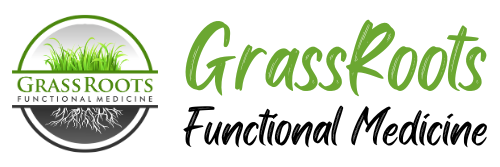By now, almost everyone has heard of probiotics, the active cultures in a range of dairy products such as yogurt, some cheeses and kefir, and in fermented foods such as miso, kimchi, and sauerkraut.
Most of these are tasty additions to our diet that can also help improve our overall digestive health. But can they also boost the immune system?
Studies have shown that adding probiotics to your diet conveys a range of benefits for people of all ages, as well as unborn children and those who are nursing.
Some of the most commonly-studied strains support T cells and Killer cells. Some of the immune cells triggered also appear to have cancer-fighting properties.
Probiotics taken by women during pregnancy appear to affect the immune system of the unborn infant. Taken in childhood, probiotics appear to help young children avoid immune-mediated diseases such as asthma, eczema, colds, and type 1 diabetes.
The effects of probiotics are well-documented in relation to improving digestive health in a number of ways. Probiotics can balance the effects of antibiotics, which are taken in order to rid the body of bacteria.
Antibiotics can be helpful, but unfortunately, they are not selective; they kill both harmful and helpful bacteria at the same time. Probiotics can add back the helpful bacteria and also boost the level of immune cells in the mucous membranes of the intestines.
In one study on probiotics, immune function, infection, and inflammation in the body, probiotics stimulated a range of antibodies.
Probiotics such as lactobacilli and bifidobacteria have been found to reduce the incidence and duration of diarrhea in children. They can also reduce the risk of travelers’ diarrhea in adults.
The effect of may benefit children and adults with irritable bowel syndrome and adults with ulcerative colitis; studies on the benefits of probiotics on Crohn’s Disease are not conclusive as yet. Probiotics can also help with dermatitis and other allergic reactions.
Many people who are lactose intolerant might think they have to miss out on probiotics because they are so commonly found in dairy products. The good news is that fermented foods such as miso, tempeh (fermented soy) and sauerkraut can all add healthy probiotics to your diet.
If you have been ill lately and taking antibiotics, add some probiotics to your diet and see what a difference they can make to your health.






0 Comments